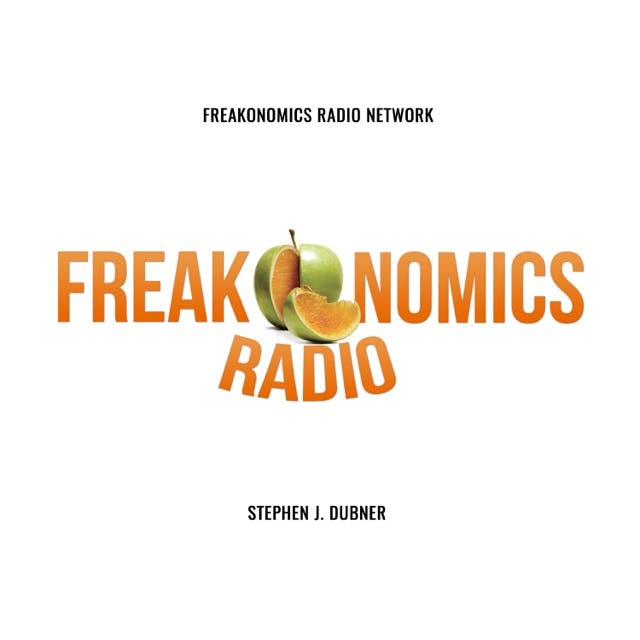598. Is Overconsolidation a Threat to Democracy?
This episode explores the dominance of Essilor Luxottica in the eyewear industry, challenges faced by disruptors like Warby Parker, and concerns about market abuses. It also delves into the rise of myopia rates globally, treatments for myopia, and the high cost of novel spectacles. The episode raises questions about corporate control, threats to democracy, and the implications of excessive economic power.

